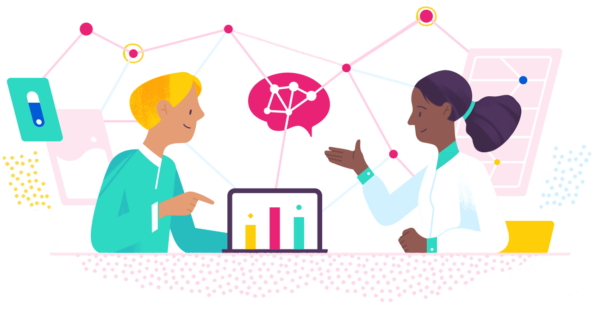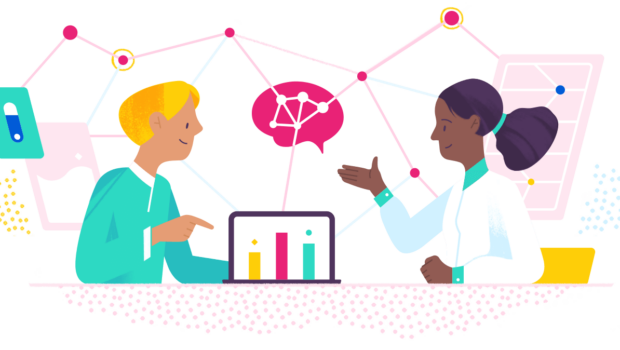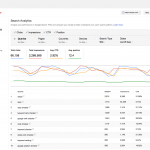3 Ways Deep Learning Can Benefit Your Business
Deep learning has revolutionized the way today’s businesses operate. Companies can marginally improve their operations, provide better customer service, and multiply their profits with a more sophisticated and intelligent approach at every core business process. Deep learning has found its place in numerous business operations, from manufacturing to product marketing. Today, you can easily find an artificial intelligence marketing company that will help you optimize your marketing strategies by introducing custom deep learning algorithms from your existing data. The algorithm improves itself and eventually surpasses your KPIs by a significant margin. If you are new to AI, here are three ways deep learning can benefit your business.

1. Add a Human Touch to Your Customer Service
Whenever you buy something online or are just browsing a website, a chat box pops up asking you how it can help you. While communicating, you wonder whether it’s a real person or a bot. And that is the success of an AI chatbot. When the user cannot distinguish between the bot or human, the AI achieves its purpose.
Chatbots are designed to mimic human communication through the deep learning of languages and nuances. Those are not just the sentences but a dialogue that continues for some time. The chatbot has to store the ongoing communication to understand the context while accessing massive data sets to find relevant information to help the communication. It can send you relevant links, images, videos that will help you find a solution for your problem. That is how deep learning can help you provide better and more humane customer service through an AI chatbot.
2. Faster Data Processing of Massive Data Sets
Enterprises that deal with vast datasets of business data often struggle to manage and access data on time. Managing, accessing, and protecting such data can be a big ordeal for many companies. Thankfully deep learning can be of great aid for such companies. The deep learning algorithms customize themselves according to the data sets. That means when your unstructured data is exposed to a deep learning model; it creates custom algorithms that are highly relevant to your data.
Deep learning models work in 2 stages- Training and inferring. The training phase involves scanning the massive data sets and finding similar types and patterns of data. This similar data is separated from unstructured data. The knowledge gathered from the training phase is stored in a knowledge base. The knowledge base also contains decisions to take the right actions if similar data is found in the next stage.
The inferring phase uses the knowledge from the training phase and processes the further data. That way, the data processing accuracy and speed are way better than other data processing methods. It helps data-driven companies to access their data faster and more accurately.
3. More Effective and Targeted Marketing Strategies
Deep learning can significantly improve the way each prospect is evaluated and managed. It can substantially enhance the marketing strategies and make them more targeted and effective. The AI experts at an artificial intelligence marketing company can help you integrate the deep learning methodologies into your existing system. It will help you understand your prospects at a deeper level.
The insights are applied to each prospect to understand their journey in the marketing funnel and get better conversions. The relevancy of the marketing strategies can reduce the funnel stages, so the prospects are more likely to convert into paying customers. The deep learning models can help you understand the pattern in the user behavior, so you can take the necessary steps at each stage of the tunnel and ensure the conversion. That’s how companies can leverage deep learning to improve their customer reach, targeting, and marketing strategies and improve their profits.
Companies can apply deep learning to almost every business process. Whether it’s customer relationship or manufacturing process, deep learning methodologies can help reduce the underlying data inconsistencies and make business data your greatest asset.
















